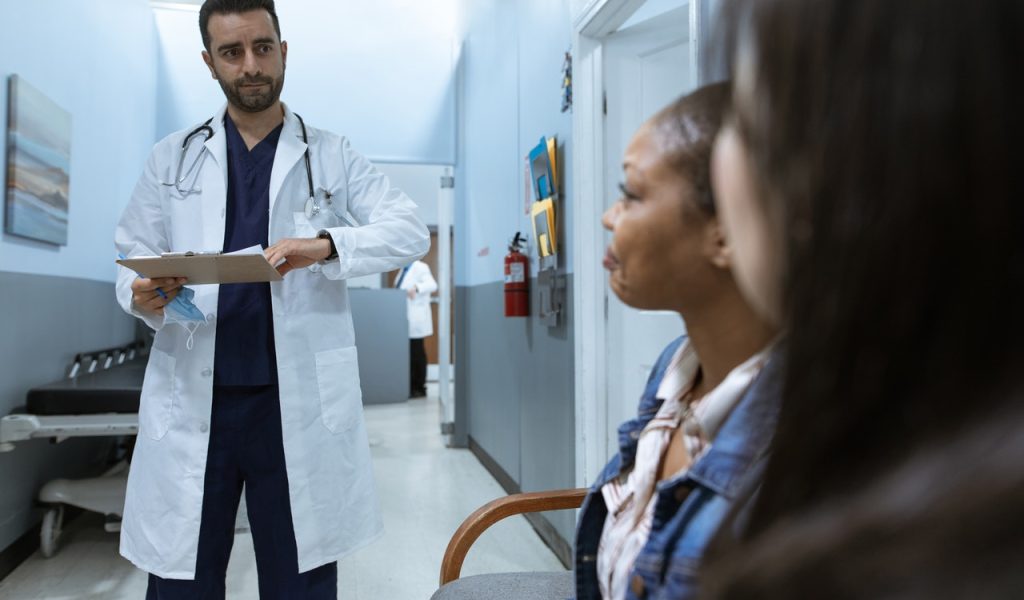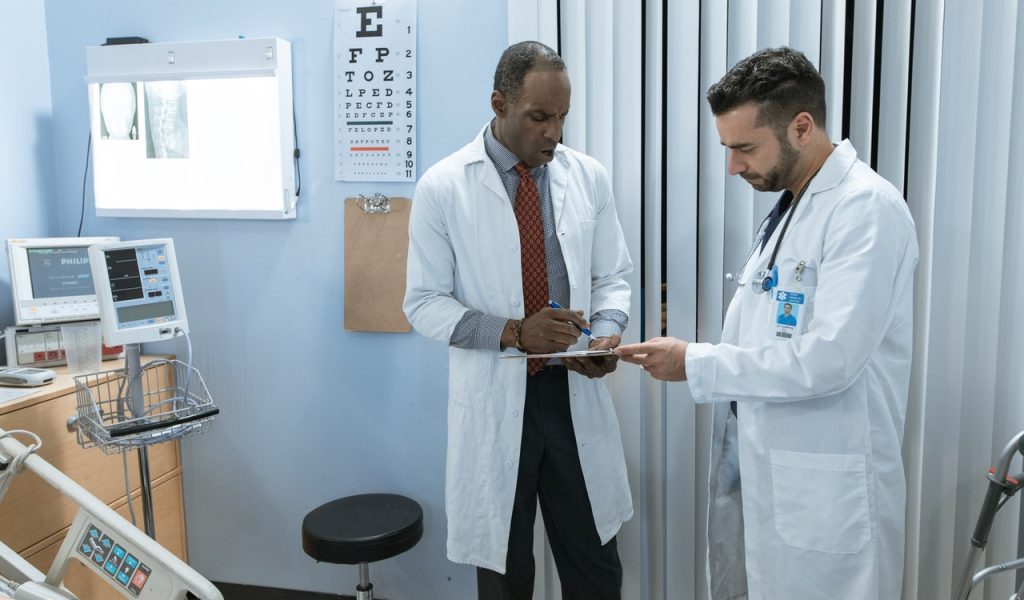Overview
Hey everyone,
I hope everyone is doing well and staying safe.
Nowadays, most medical students around the country are gearing up for their OSCE’s.
Some of you may be lucky enough to have finished them already. Kudos!
Today I wanted to share some useful tips and tricks that I’ve learnt over the years after doing multiple sets of OSCE’s.
Tip #1 – Practice for OSCE-Day
Tip #2 – Be Professional
Tip #3 – Always Wash Your Hands
Tip #4 – Read the Question
Tip #5 – Safety First
Tip #6 – New Station, New Mindset
Tip #7 – Accept Uncertainty
Introduction
I hope everyone’s exam preparation is going well and you’re taking some time out to rest as well!
Today’s tips and tricks focus on tackling the OSCE.
For pre-clinical medical students or non-medics, the OSCE stands for Objective Structured Clinical Examination. It is the “practical” component of most medical school exams and is designed to simulate real-life doctor-patient scenarios.
The aim of the OSCE is to assess your clinical skills such as history taking, examination, simple procedural skills, investigation selection and management/counselling.
The OSCE is very much a “game”, in the sense that you are role playing a doctor and managing a situation. Aside from learning the expected clinical skills and content, here are a few more tips and tricks to help you ACE your OSCE!

Tip #1 – Practice for OSCE-Day
All OSCEs are dynamic. They involve movement, walking from station to station, opening and closing doors, performing examinations or procedures.
The best thing you can do to prepare yourself, is simulate a real OSCE in your preparation. For example, mimic the OSCE set up by having some “stations” (e.g. tables with chairs, or a room that you keep walking in and out of) and a set of cases you are going to run through. Set up a timer and off you go!

Tip #2 – Be Professional
OSCE’s are designed to assess your clinical knowledge as well as your professionalism. So do the simple things right. Dress well (and comfortably), smile when you walk into each station and be polite to your patient and examiner.
There are no specific marks allocated to each of these actions, but most OSCE’s do assign candidates a “global” score which encompasses how the patient felt during the consultation and your overall professionalism.
Remember, these stations are designed to simulate real doctor-patient encounters, so emulate the type of doctor you want to be and simulate that on the day of your exam.

Tip #3 – Always Wash Your Hands
Pretty self-explanatory but it’s very easy to forget amongst the hustle and bustle of an OSCE.
There are a couple of good reasons to wash your hands in an OSCE:
1. It’s easy marks
2. It’s what healthcare professionals do in everyday practice (#germs)
Just don’t be too overzealous with the hand sanitizer!

Tip #4 – Read the Question
It’s easy to get caught up in the moment when you’re doing an OSCE and misread the question. This can lead to all sorts of exciting (and embarrassing) things happening in the OSCE station. Don’t worry, we’ve all been there.
During your preparation time for each station, establish what you are expected to do. Is it taking a history? Or performing an examination? Or providing management advice? Or a combination of the above? I would suggest taking highlighting or underlining the tasks you are meant to perform.

Tip #5 – Safety First
In medical school, the underlying object of each OSCE is to assess that you are a SAFE clinician. It is not to elicit your sub-specialty knowledge of neurology or perform a technical surgical procedure on a patient. It is to establish that you recognise a dangerous situation and seek appropriate help. So in every OSCE, as part of your management plan, don’t forget to seek senior support, provide safety netting for patients, arrange follow up and referral if necessary.
Tip #6 – New Station, New Mindset
Once you’ve finished a station and closed the door, leave your feelings/emotions/trauma in the room. You’ve got another station/s to mental prepare for. There is absolutely NO use worrying about the previous station. You cannot change the result and chances are ruminating on it will only impair your performance in upcoming stations.

Tip #7 – Accept Uncertainty
No matter how hard you study or how long you study for or how intrinsically smart you are, there will always be something you don’t know. This happens to everyone in written and OSCE examinations.
Accepting this level of uncertainty, especially before an OSCE can be very freeing. There will always be one or two stations where you are totally flabbergasted by. In these situations, trust your medical acumen and follow your structure. Always introduce yourself, perform hand hygiene, establish consent, take a brief history/examination and go from there. Even if you are still no wiser by the end of the station, doing these basic actions is enough to show your examiners how you would approach any new situation as a doctor.
Final Thoughts
OSCE’s are daunting for everyone! However, if you prepare well and follow your structure on exam day you will demonstrate your clinical competency to the examiners on OSCE day and do just fine! I hope some of these tips and tricks have helped in your preparation!
If you have any more tips or tricks you’d like to share, send me an email at askdoctornisha@gmail.com.
Share this post!









